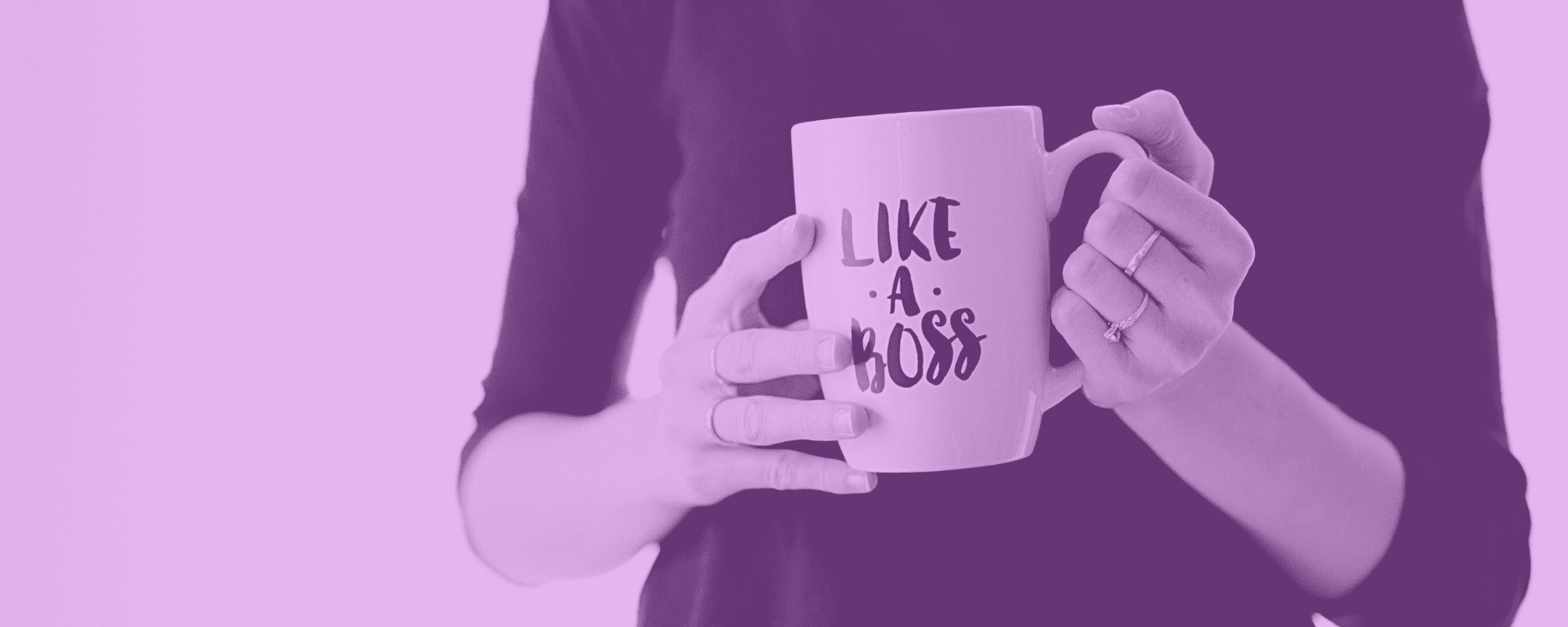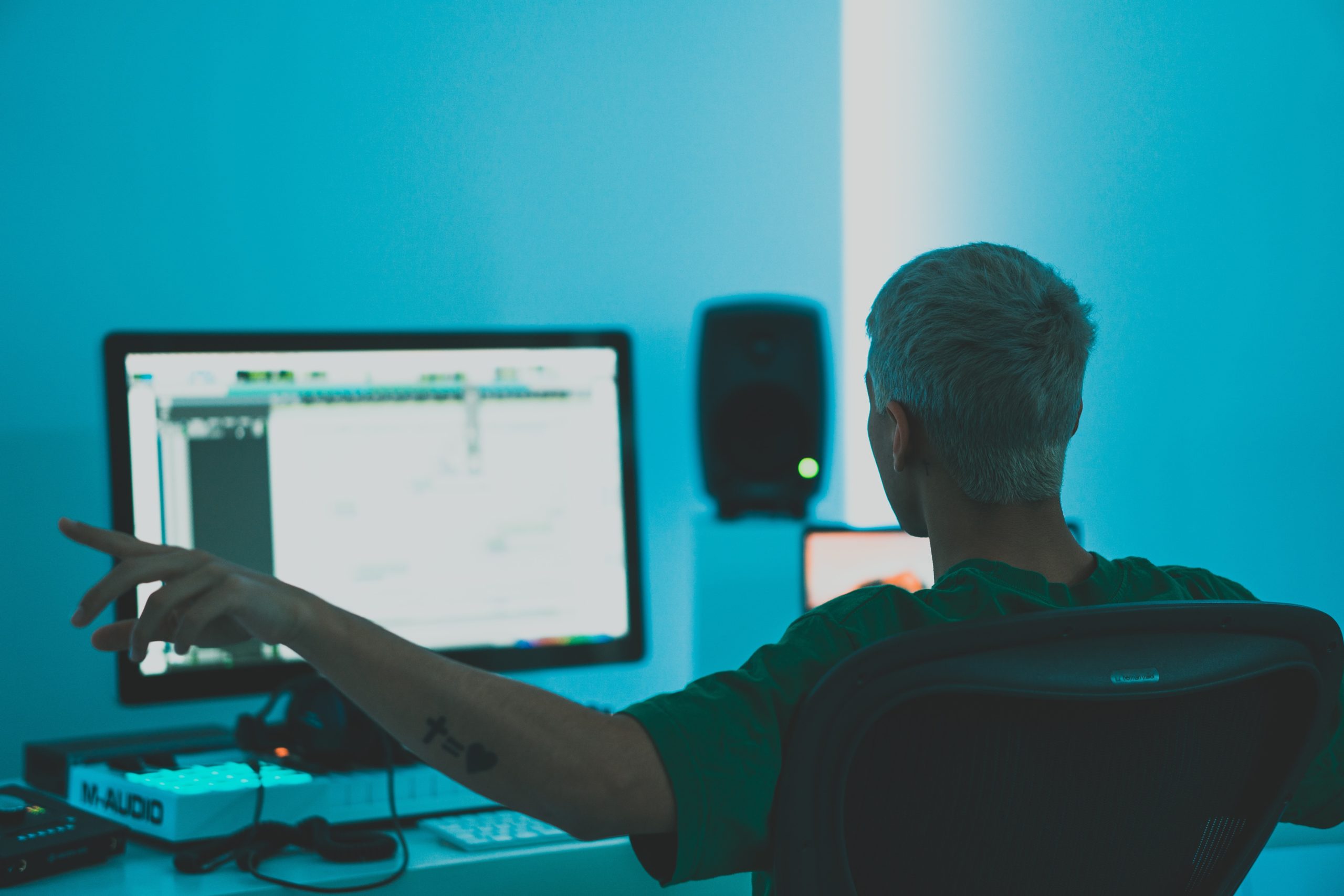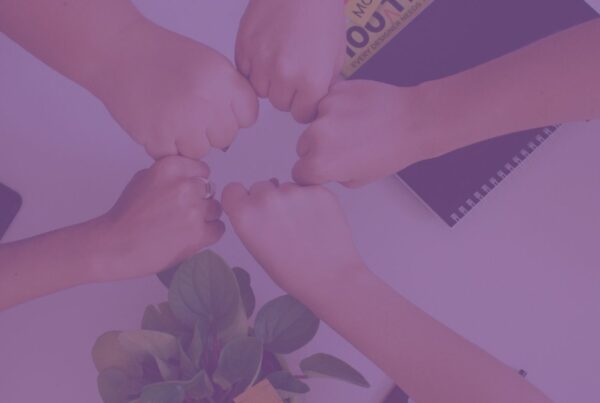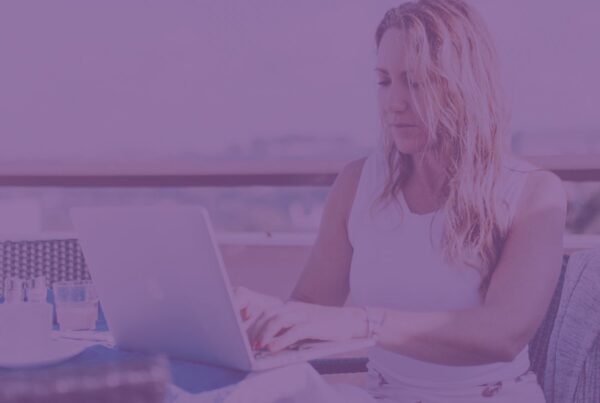Do you consider yourself an entrepreneur? Today’s iconic guest, Deanna Nwosu, thinks that all event and meeting planners should nurture an entrepreneurial spirit. She joins Sarah to talk about her vast experience in the events industry, what the future holds for event organizers, and the importance of community engagement.
For almost 20 years, Deanna has worked on fundraisers, conferences, trade shows, and other events ranging in size from 10 to 20,000 attendees. Creating an ideal attendee experience is almost second nature to her. As an event strategist, Deanna now focuses more on facilitating the front-of-house experience for attendees through moderating emceeing and public speaking, while providing clients some limited behind-the-scenes logistics support as well. Welcome to #EventIcons, Deanna!

A Holistic Professional With An Entrepreneurial Spirit
First off, Deanna talks about how she ended up in the events industry and the experience she gained along the way. “How did you incorporate that entrepreneurial spirit throughout your career,” Sarah asks.
“I have been in events since 2007 and in hospitality since 2000. When I was in college, I started volunteering with a few extracurricular activities that involve some event-related work. I was a business major, so I decided early on that this was the path I wanted to take. Right out of school, I worked for an association for a few years as their meeting coordinator, working on some smaller events and supporting our large annual meeting and educational conference in conjunction with a large trade show.”
“Fast forward to 2015, I was in the corporate space. I was working on B2B events with a UK-based group, organizing about 10 to 12 large conferences a year for them. Most recently, I was with a construction software firm and I was their in-house planner working on their conferences, but also coordinating third party events,” she says.
Deanna is a truly holistic event professional; she’s done everything from conferences to trade shows. Additionally, she worked for a hotel in high school, so she knows the venue side of event planning. “I’ve also worked on the vendor side for a florist and event decorator,” she adds.
 Entrepreneurial Spirit: What Does It Mean?
Entrepreneurial Spirit: What Does It Mean?
Onto the next question. “What does that entrepreneurial spirit mean to you and how is that different from the way event planners do their jobs right now?”
“Most people just assume that entrepreneurial spirit means starting your own business, being a freelancer, or side hustling and finding new ways of revenue,” Deanna says. “But I don’t necessarily equate that with an entrepreneurial spirit. To me, an entrepreneurial spirit is really about thriving wherever you’re placed. Whether that be in a full-time position for a company, you have a side hustle and you find ways of exploring your talents in other ways, or if it’s starting your own company. So I see an entrepreneurial spirit as identifying opportunities and making the most of them.”
It’s also about bouncing back from setbacks. “2020 was just one giant setback for everyone. If you are in a full-time role, don’t let that limit your opportunities. Raise your hand for opportunities that will help you develop the skill set you desire. If it’s outside your position, do it in volunteer capacities, networking opportunities with industry organizations, or maybe through a side job or a hobby. It’s about not letting your environment dictate what you do with your career,” she adds.
New Normal, New Roles
Next up, Sarah asks Deanna to talk about her take on the future of work. “What skill set will event planners need to stay successful and ahead of the curve?”
“It’s going to take looking outside the traditional roles and titles that we’ve had in our industry,” Deanna says. “As a baby meeting coordinator, the vision for my career looked like taking steps to bigger events, events with more logistics, more complex details. And then eventually to the point where I’m an event director, I have a team under me that is working on the different tasks and I’m spearheading the charge. And through the course of my career journey, I realized that sometimes things aren’t necessarily linear.”
“Especially in light of the pandemic – I feel like that’s really shifted the skill sets required for event professionals,” Deanna continues. “We are traditionally generalists and in the last 18 months, we were all expected to be virtual experts. That’s just not the reality, though. We must find ways to look at roles that might be a little different than what we’re used to as opposed to the standard event manager and event producer roles, and they still exist.”
Event Planning Trends: From Field Marketing To Community Engagement
“It is exciting to think about what these roles are going to transition into,” replies Sarah. “What do you think the event planner role might develop into if it’s not this producer-type role that we’re used to seeing?”
“The events industry, in terms of a meeting or event planner position, is relatively new. A lot of our predecessors fell into event coordination. They were administrative people or they were in content and education. And those event duties became an add-on to their roles. From there, we can look to the tech space. They’ve done a great job of creating positions that are on the newer end of the spectrum that have event-related work, but they’re not as general as a traditional event role – field marketing and demand gen, for example.”
“Those roles are very sales lead focused, but they have event-related work to it. Events are a back seat to that skill set. You can look in the education space and those who are working on curriculum design and training. Sometimes, they’ve had to take on logistical work as well because they’re planning conferences or workshops,” she says. “Then, there’s community management. Those roles are popping up every day. They’re focused on social media and customer service, keeping that relationship with your customers and your loyalists, those who are going to be the evangelist for your brand, and creating events out of that community.”
“Now that we’re shifting into this hybrid model, those who are in the TV and film space definitely have a leg up on the rest of us who are logistics first. If you’re looking for hybrid roles, look for executive producers on news shows and TV shows.”
Advice For Hiring Managers & Jobseekers
Sarah asks: “What can companies do to try to hire for some of these roles or what you can do if you’re already in the event space and you want to get more specialized within your role?”
“From a hiring perspective, companies need to evaluate what their business needs are today. Events have changed a lot in terms of the demand, depending on what industry you’re in. Certain industries are back to in-person events and others are going to be slower to come back to a full in-person meeting. In the interim, what is the role that you really need?
“A lot of times, event planners are glorified order-takers. And the other assigned duties can be a catch-all bucket for a lot of random junk. Hiring managers need to be really fine-tuned and detail-oriented. When you are posting descriptions, think about what does your business need today. Because what you needed five years ago when you hired an event planner may be totally different than today.
“In terms of those who are in the job market first, I want to say my heart and prayers go out to you because it’s hard. Everyone’s talking about the labor shortage. That doesn’t mean it’s necessarily easy to just go and get a job.”
“If you are in the job market and interviewing, you need to have certain conversations upfront. Sometimes as candidates, we are fearful of rocking the boat because we just want to get the job. We don’t want to offend, we don’t want to reduce our chances of getting hired, but honestly, if you don’t have that conversation upfront and everyone’s on the same page before you’re on board, then you don’t have a leg to stand on a year from now, when you realize that your job duties are too wide and varied. You’ve got to nip it in the bud.”
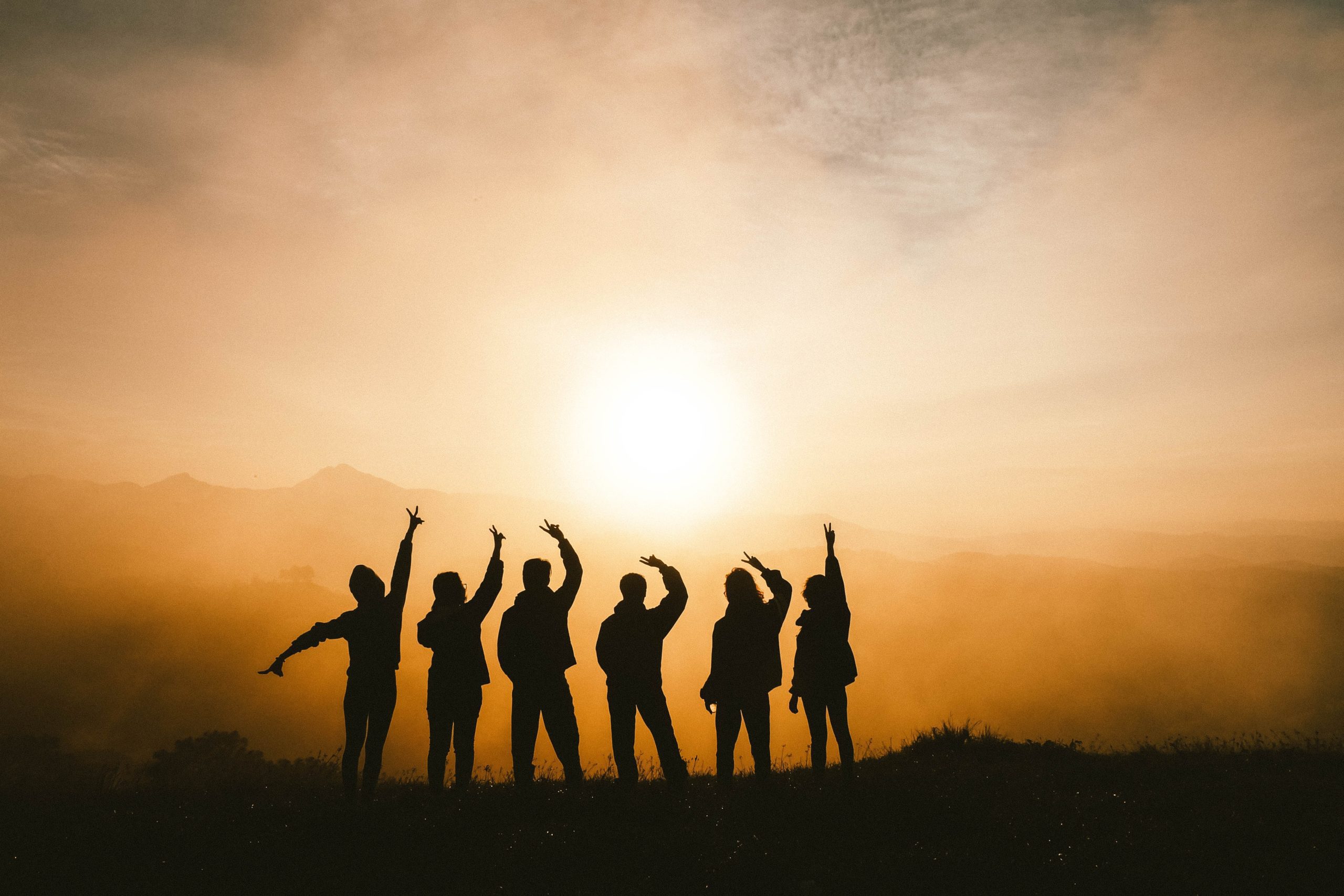 All Roads Lead To Customization
All Roads Lead To Customization
And what does the future hold in Deanna’s opinion? “The rise of communities. User and client-driven experiences,” she says.
“Things are going to be created based on direct demand from your community. Members are going to be more involved in the content and agenda creation, designing the experience. That’s the key to customization: allowing your user to be a part of the creation,” she adds.
“A similar thing you would see in the food business is Lays. They used to do their annual flavor competition. People would submit all the flavors and then vote on them, but eventually, products were created based on this process.”
“Associations have been on the lead of this. There’s a lot of member involvement with selecting speakers and creating agendas. But you’ll see it more in the corporate space that users and clients have much more of a hand in selecting the experience that they end up consuming.”
Entrepreneurial Spirit Is About Controlling The Narrative!
Deanna’s last piece of advice for event planners circles back to that entrepreneurial spirit they’ve started the conversation with. “Your career is your own and it’s what you make of it,” she says. “Don’t allow your job, your family, location, or anything to dictate what your career is. If there’s anything that you feel is missing and you want to explore, find a way to do that regardless of your circumstance. It’s key that we take ownership of the things that we can control and release the things that we can’t.”
“If there are skill sets that you want to develop and actual work that you want, it’s up to you to go out and find it,” she adds. “When your name comes up in the industry, what are you known for? And if it’s not something you want to be known for, change it in terms of what you’re an expert at, what your personality is, what your brand is. Do that research to find out what’s currently out there about you and control that narrative.”
And with that powerful advice, Deanna and Sarah wrap up today’s #EventIcons episode. Hopefully, today’s conversation awakened your inner entrepreneur!


